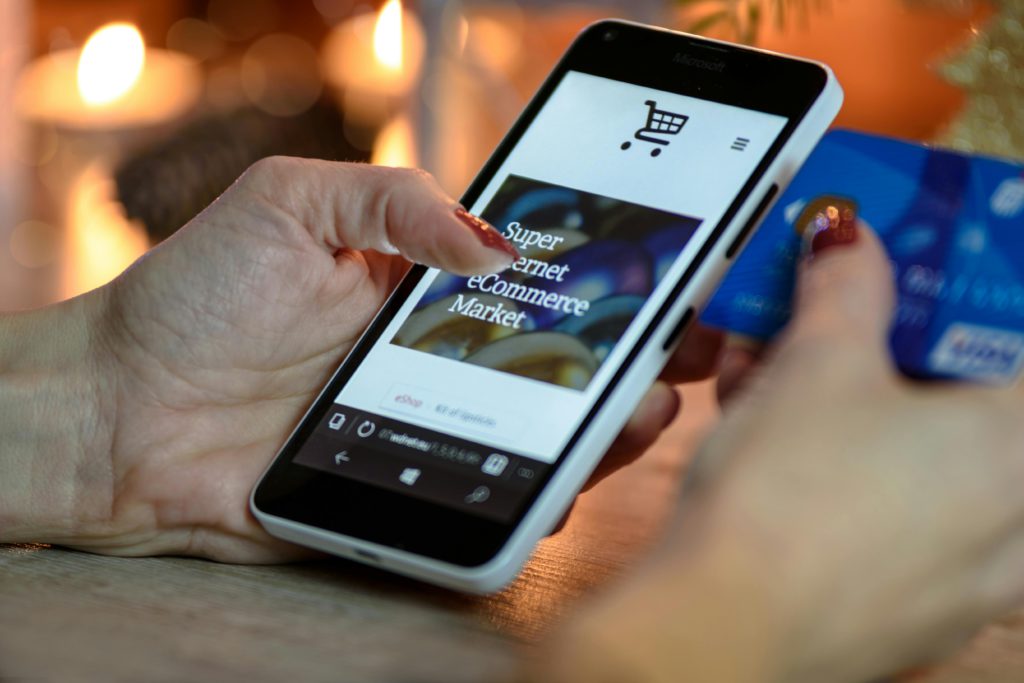Here’s a glossary of 20 essential e-commerce terms that every new seller should know:

1. A/B testing
- A method of comparing two versions of a webpage, product, or ad to see which one performs better.
2. Affiliate marketing
- A marketing arrangement where other businesses or influencers promote your products in exchange for a commission on sales.
3. Average order value (AOV)
- The average amount spent each time a customer places an order. Calculated by dividing total revenue by the number of orders.
4. B2B (business-to-business)
- E-commerce transactions where businesses sell products or services directly to other businesses.
5. B2C (business-to-consumer)
- Transactions where a business sells directly to individual consumers, the most common type of e-commerce.
6. Cart abandonment
- When a customer adds items to their shopping cart but leaves the site without completing the purchase.
7. Conversion rate
- The percentage of visitors to a website who complete a desired action, like making a purchase.
8. Cross-selling
- Encouraging customers to buy related or complementary products alongside their primary purchase.
9. Drop-shipping
- A fulfilment method where the seller doesn’t keep products in stock but instead transfers customer orders to a third party, usually a supplier, to ship the goods.
10. Fulfilment
- The entire process of receiving, packaging, and shipping orders to customers.
11. Inventory management
- Tracking and controlling the amount of stock on hand to avoid overstocking or stock outs.
12. Key performance indicators (KPIs)
- Metrics used to evaluate the success of an e-commerce business, such as sales, traffic, and conversion rates.
13. Lifetime value (LTV)
- The total amount of revenue a business can expect from a single customer over the duration of their relationship.
14. Multichannel selling
- Selling products on multiple platforms (e.g., website, Amazon, social media) to reach a broader audience.
15. Order fulfilment process
- The steps involved in processing, packing, and shipping a customer’s order.
16. Payment gateway
- A service that securely processes credit card payments for online purchases.
17. PPC (pay-per-click) advertising
- A digital advertising model where businesses pay a fee each time one of their ads is clicked, common in Google Ads and social media.
18. Product listing optimisation
- Enhancing product listings with relevant keywords, images, and descriptions to improve search rankings and conversions.
19. SEO (search engine optimisation)
- Techniques used to improve a website’s visibility in search engine results, driving organic traffic.
20. Upselling
- Encouraging customers to purchase a higher-end product or additional features for a larger sale.



